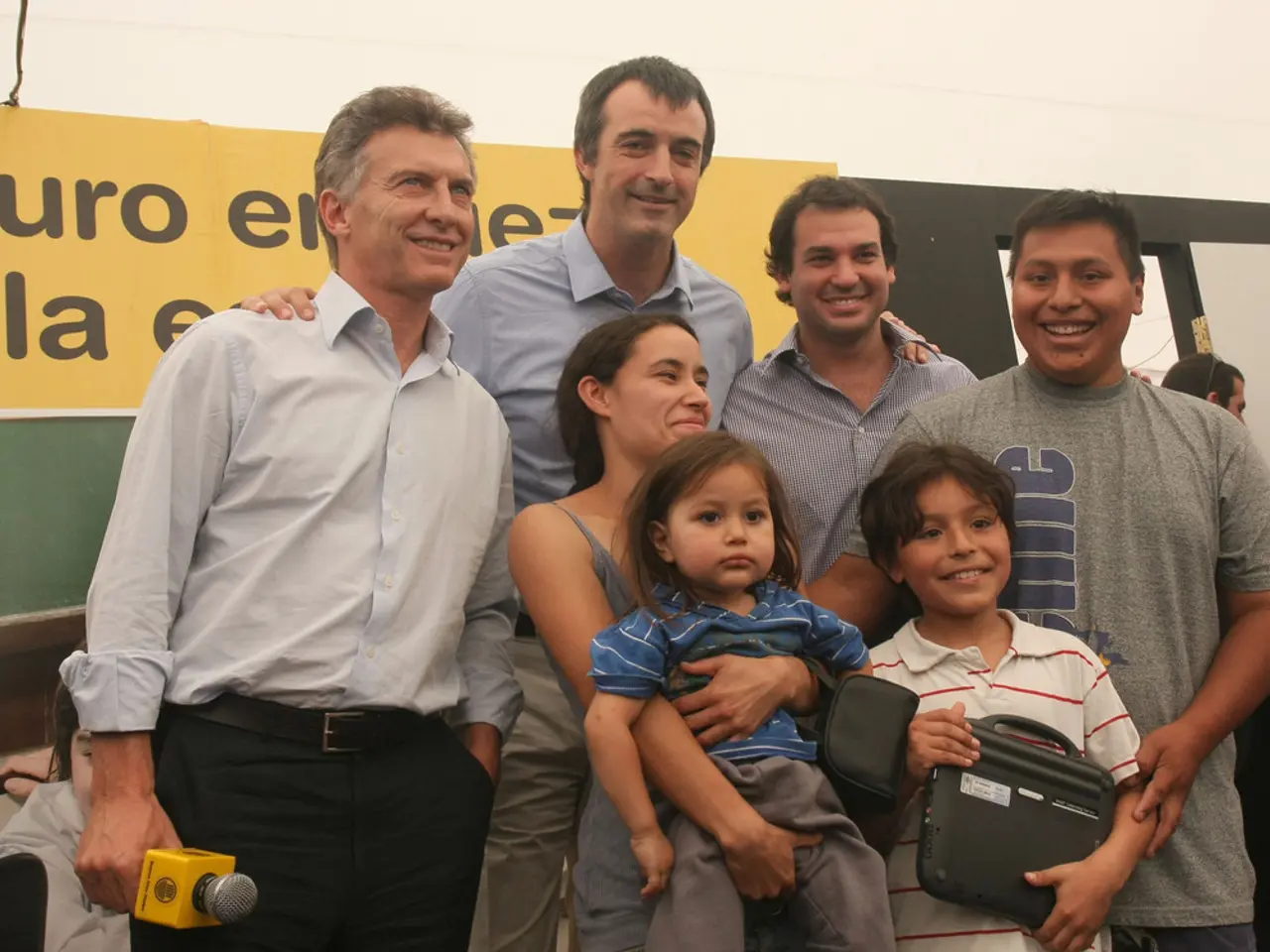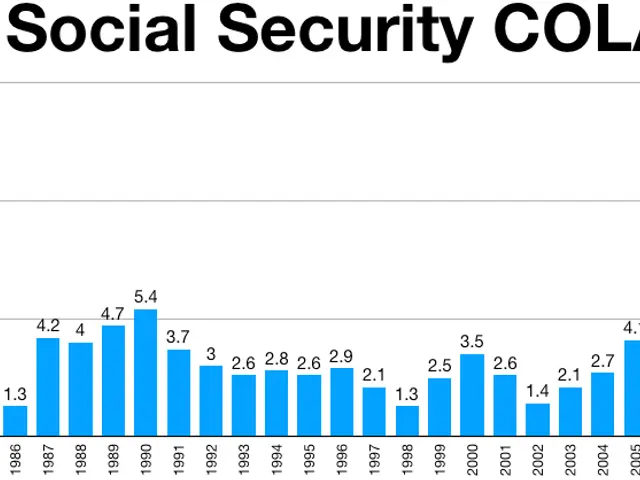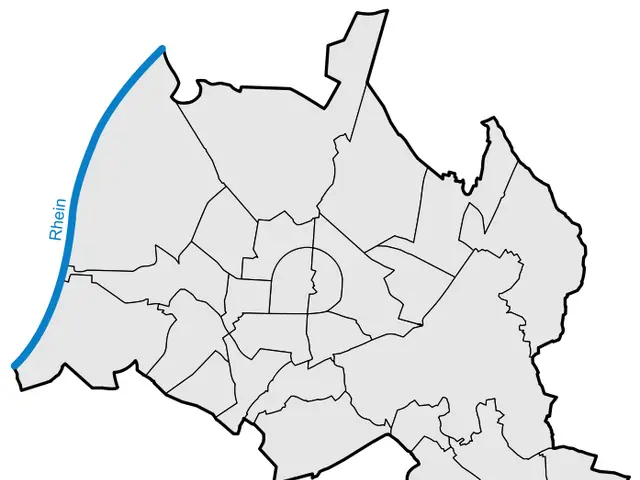Coalition's €7.9B Budget Sparks Debate on Taxes and Welfare
Chancellor Friedrich Merz's coalition of CDU, CSU, and SPD has unveiled its first budget, a €7.9 billion package that sets the tone for their term. The budget, however, has sparked debate due to its handling of income tax and social welfare adjustments.
The coalition has chosen to end once-off payments, a decision welcomed by some. However, indexing the income tax system for inflation could have softened the blow, according to critics. The government has also cut the VAT rate on hospitality back to 9%, leaving no room for personal tax cuts in the budget.
Looking ahead, the coalition must tackle long-term financial challenges, such as the rising cost of an ageing population and climate change. Extra taxes may be needed to fund these future expenses and maintain key infrastructure. In the short term, the coalition faces tough choices on day-to-day spending, including capping monthly childcare costs at €200 and addressing child poverty.
The coalition's first budget reflects its priorities and sets the direction for its time in office. However, it also presents difficult choices, such as the need to increase social security for inflation adjustment while avoiding additional cash for universal once-off payments. The coalition must navigate these challenges to ensure sustainable economic recovery and social reforms, including the ongoing Bürgergeld reform and measures to prevent its misuse.





